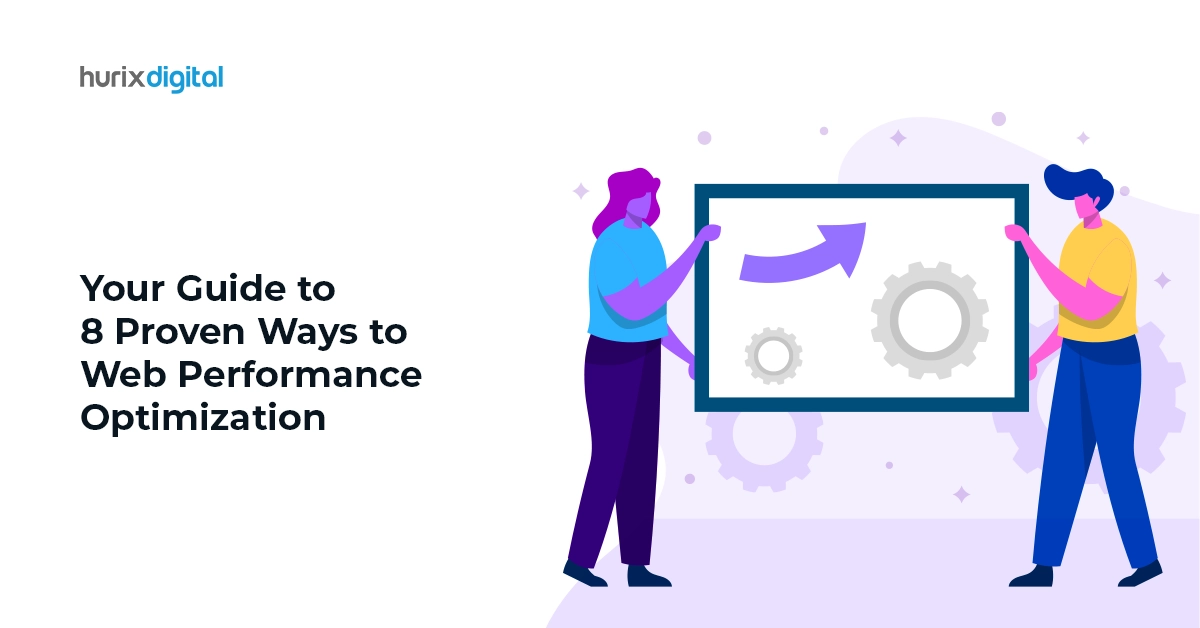News Blast
Your daily source for breaking news and insightful articles.
Speeding Up the Web: Your Site's New Best Friend
Discover essential tips to turbocharge your website speed and boost user engagement. Make your site faster today!
Top 5 Techniques to Optimize Your Website's Speed
In today’s fast-paced digital landscape, optimizing your website's speed is crucial to enhance user experience and improve search engine rankings. Here are the Top 5 Techniques that can significantly boost your website’s loading times:
- Enable Compression: Utilize Gzip or Brotli compression to reduce the size of your files, making them quicker to download. This is particularly effective for text-heavy files like HTML, CSS, and JavaScript.
- Optimize Images: Ensure that all images are properly sized, compressed, and in the right format (JPEG for photos, PNG for graphics) to minimize their impact on loading times.
- Leverage Browser Caching: Take advantage of caching to store static resources locally in the user's browser, so they don’t have to reload them on every visit.
- Minimize HTTP Requests: Reduce the number of elements on your page, combining CSS and JavaScript files where possible to decrease the number of HTTP requests required to load the page.
- Use a Content Delivery Network (CDN): Distributing your website’s content across various servers allows users to load resources from the nearest location, speeding up load times significantly.

Understanding the Importance of Page Load Times for User Experience
Page load times are a critical factor in determining user experience on any website. Studies have shown that slow loading pages can lead to increased bounce rates, with visitors leaving a site before it fully renders. In fact, users expect a website to load in 2 seconds or less; anything beyond that can significantly affect their satisfaction and engagement. To illustrate this point, consider that 47% of users expect a webpage to load in under 2 seconds, while each additional second can reduce customer satisfaction by up to 16%.
Improving your page load times not only enhances user experience but can also boost your site's SEO ranking. Search engines like Google prioritize faster websites, rewarding them with higher visibility in search results. Therefore, optimizing your website for speed will not only keep visitors engaged but also attract more traffic. Strategies such as compressing images, minifying CSS and JavaScript, and leveraging browser caching can help achieve these necessary improvements. In summary, a focus on page load times is essential for any website aiming to provide users with a seamless experience while optimizing for search engines.
Is Your Website Slow? Common Causes and How to Fix Them
If you've noticed that your website is slow, you're not alone. A study showed that site speed plays a crucial role in user experience and search engine ranking. Common causes of a slow website include large image files, excessive use of plugins, and not utilizing browser caching. Additionally, hosting issues or a poorly coded theme can significantly impact your website's loading time. To diagnose the problem, consider using online tools that analyze your site's speed and pinpoint specific areas for improvement.
Once you identify the causes of your slow website, there are several steps you can take to enhance its performance. Begin by optimizing your images to ensure they are not unnecessarily large. Implement caching mechanisms to store frequently accessed data, reducing load times. Minimize the use of plugins and remove any that are not essential. Moreover, consider switching to a faster hosting provider if your current service cannot meet the required speed demands. By taking these actions, you'll not only improve the user experience but also increase your chances of ranking higher in search engine results.